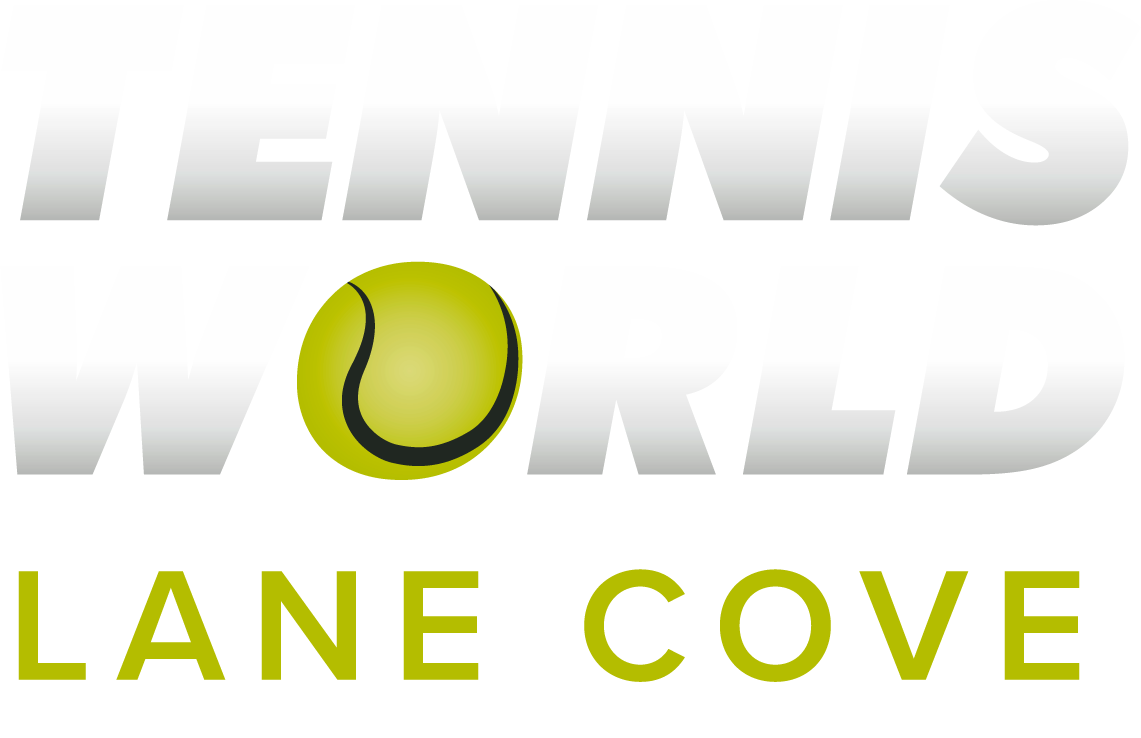For a long time now sports psychologists and sports coaches have recognised the connection between the mind and playing sport effectively.
One such psychologist demonstrated the role of the mind in learning and playing tennis and how in a lot of cases it is the biggest obstacle in reaching peak performance. He formulated a list of inner obstacles that could affect a player’s game:- fear, self-confidence, poor concentration, trying too hard, self-condemnation, anger, frustration and high expectations.
On the face of it, things look daunting but the solutions are few and simple, and you can introduce them in your practise games and coaching sessions.
Fundamentals Of Your Inner Game
There are two parts of your mind that drive your game, the first part which is the dominant part giving instructions to the other. Then there is the silent part which is the doing part. However, the dominant part sometimes does not trust the other, so conflict arises.
Trust Your Body
Tennis is a complex sport and the body has a fantastic potential to learn without conscious thought. The first skill to master is let your body take control and trust it, this can be done by gradually building a trust in the innate ability of your own body to learn and to perform.
As an exercise:- stand on one leg, listen to all your muscles in your leg talking to you, the more aware you are the more muscles you will feel. How they move and how they contract and expand. This is not what you are doing consciously, raising your arm is a conscious act. The contractions and movements of the muscles in your leg are not conscious.
Putting The Mind At Peace
A second skill to master is to give your mind time enough to consciously think during a rally. The capacity of your body to perform at the highest potential is in direct proportion to the stillness of your mind.
When your mind is excited, anxious and disturbed, it interferes with the nervous system’s silent instructions to the muscles.
You need to understand the importance of letting your mind be still, to be absorbed by the ball then you can perform at your peak. You need to practice in increasing your awareness of your mind’s activity, try to be calm and let your movements be natural and instinctive.
Non Judgemental
If you analyse your game and your shots in concept of good or bad, you will lose the clear information that your mind is trying to absorb. When a shot is good, you try hard to make it good again, and when a shot is bad, you try and do it better.
If you can manage to play in a state of non-judgement it is a lot easier for your body to play more naturally. Do you tend to try harder when you play a bad shot? Do you criticize or degrade yourself? Do you keep on telling yourself what to do next? If the answer is Yes to these questions then your mind is not at peace and is confused.
Trust your body to make the appropriate corrections and improvements. Be instinctive with your game and see how your game becomes more natural.


